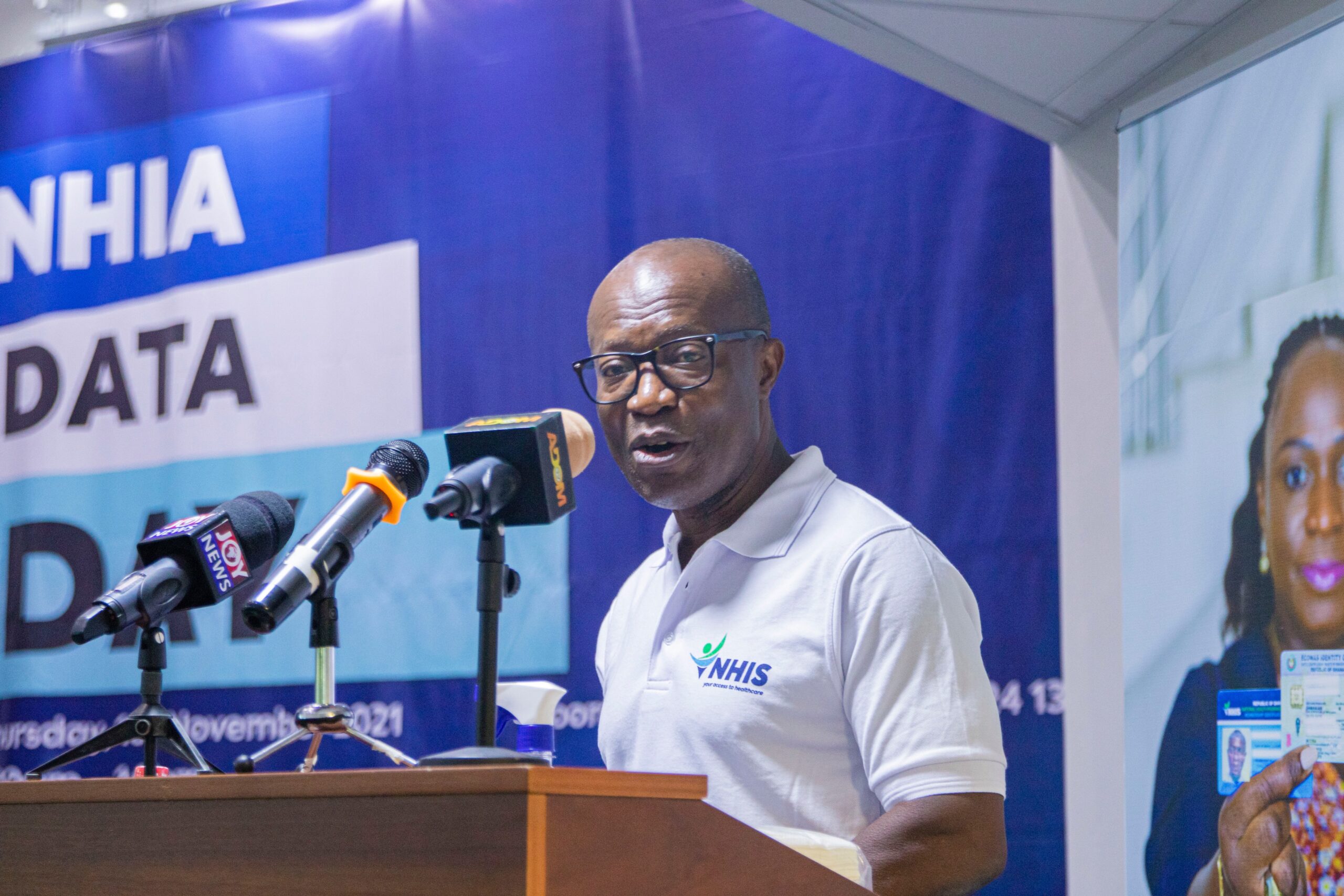The National Health Insurance Authority (NHIA) has reached a total registered membership of 17.2 million, representing 55 per cent coverage of Ghana’s population.
Board Chair of the NHIA, Dr Ernest P.K Kwarko, disclosed this in Accra yesterday during the opening of the maiden regional conference on financing Universal Health Care (UHC) and health security.
It was on the theme “Overcoming financial barriers and providing financial risk protection.”
The two-day conference, among other things, is aimed at providing a platform for sharing lessons learned from experience, disseminate good practices, contribute to capacity and institutional development and share innovative ideas towards ensuring sustainable financing for health in Africa.
Dr Kwarko said with support from the government claims payment had improved, adding that 90 per cent of all claims were managed electronically “we hope to be fully electronic by the close of the year.”
This, he said would inject efficiency into claims management and reduce the turnaround time.
He noted that the private sector has had a great role to play in enabling innovative access to funding for healthcare in the country, following collaborations between diagnostic and pharmaceutical companies working to build loan schemes for cancer care.
He emphasised that the National Health Insurance Scheme secured funding through earmarked funds from taxes and SSNIT contributions from the formal sector.
Dr Kwarko acknowledged the numerous support by the NHIA’s development partners for their contribution towards making the NHIS successful for the past 20 years.
According to him, currently, the Scheme also pays an average monthly claim of US$15.1million on behalf of its members.
The Minister of Health (MoH), Mr Kwaku Agyeman-Manu, opening the conference said the implementation of the NHIS had reformed Ghana’s health financing architecture over the years.
Explaining, he said the NHIS had contributed significantly to the improvement of the quality of life of its members, adding that maternal and child health indicators had seen appreciable improvement, inequities exacerbated by limited access to health services had also reduced.
“The time is now more than ever for we in the continent to find suitable solutions to ensuring that our populations are protected from catastrophic expenditures.”
“We need reforms to improve the health security of the region, contribute significantly and impact positively towards preparedness and response to public health emergencies,” he added.
In a speech read on her behalf, the African Regional Director of the World Health Organisation (WHO), Dr Matsidiso Moeti, said the WHO African region had seen improvement in the proportion of the population facing extreme poverty, impoverishment due to out-of-pocket spending on health.
She said “the level of financing for health remains inadequate compared to the resource requirement. The current health expenditure across all the WHO Africa region member states averaged US$117 per person in 2020 with general government health expenditure averaging US$60 per capita.”
“In 2020, government spending on health was less than US$90 per person in 39 countries in the African Region and less than 20 dollars per person in 25 countries, compared to the recommended US$90 per person for low income countries and US$117 per person for lower middle income countries.









